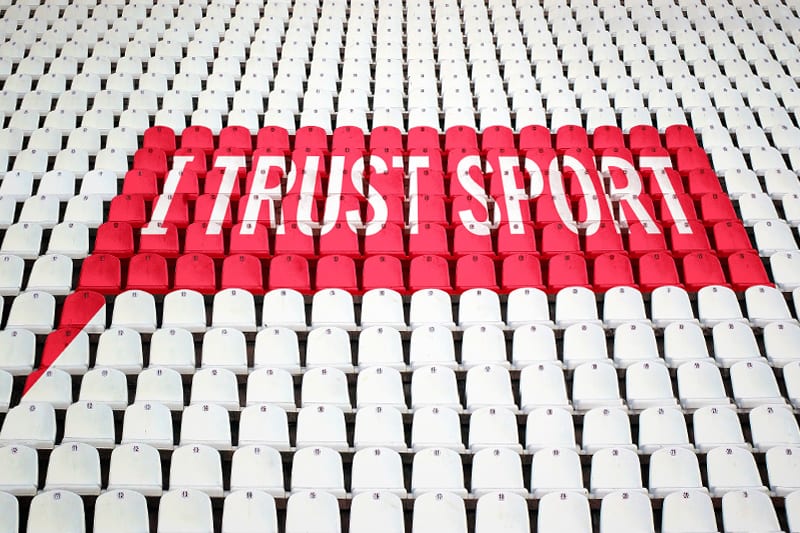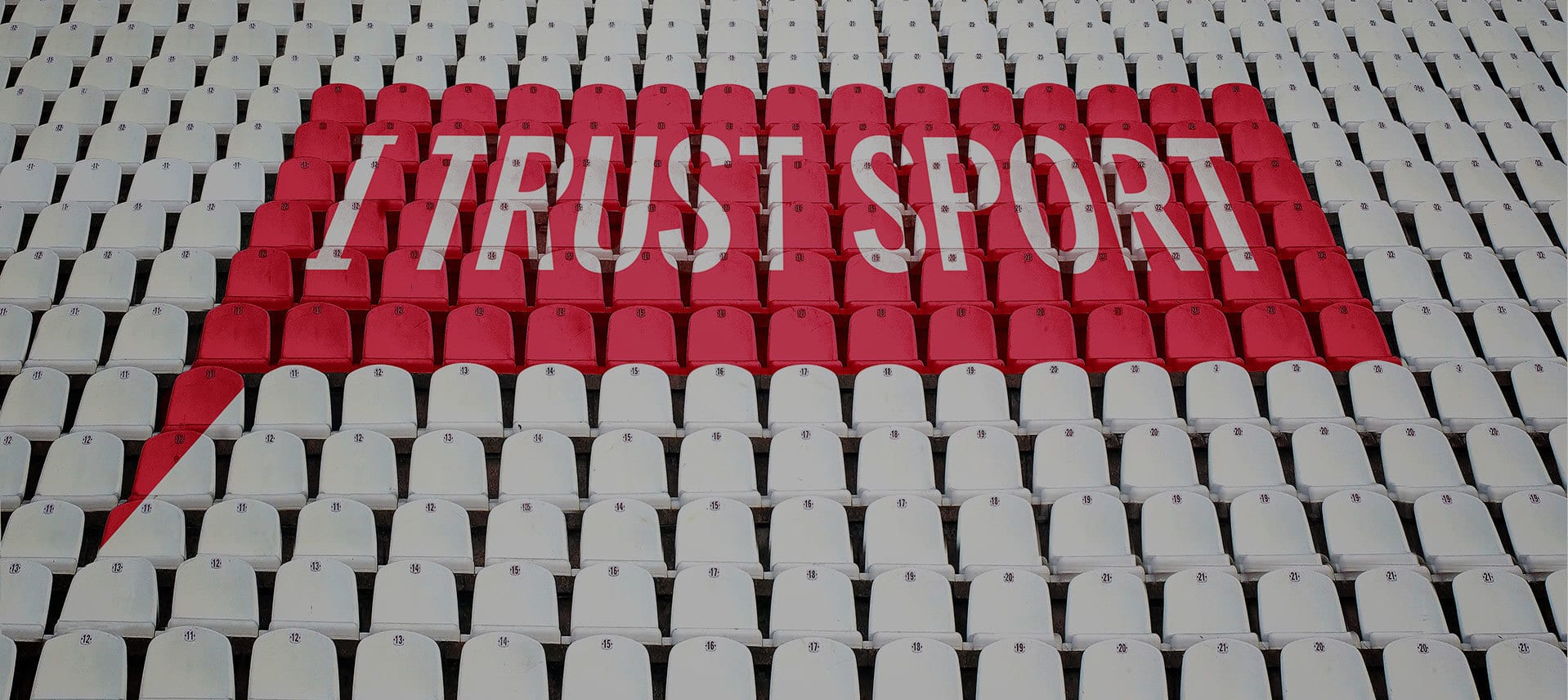The events of the last week in sport have served to demonstrate perfectly the challenges to good governance. When the irrationality of sport is everywhere on view, how can sensible, efficient management prosper? It’s a difficult question.
Let’s start with the Transfer Window, which is in itself rather absurd. If you were designing a system from scratch to enable players to move between football clubs you probably wouldn’t create what now exists. In the UK, Sky Sports News has turned Transfer Deadline Day into a self-parodying art form, complete with apocalyptic countdown clock and bored reporters providing “breaking news” from empty stadium car parks. While clubs work on complex chains of transfers – if I sell player X for Y, I can buy player Z - some players resort to sulking and complaining to media to get the move they want.
It is possible to make a case that Gareth Bale will prove to be good value for Real Madrid at £85m and an alleged £300k per week (check www.whatbaleearns.co.uk to see what else the money could buy). If Bale plays well he will give Real Madrid a better chance of winning La Liga and the Champions League; he will help them sell more replica shirts; signing a player for a record sum has a positive impact on the brand, and so on. But the key point, as Simon Kuper pointed out in the Financial Times (£), is that Real Madrid President Florentino Pérez has invested to give himself status, like buying a work of art. Real Madrid seeks glory, not profits.
In this context it’s clear that it will be tricky to enforce responsible financial and ethical behaviour with the same type of rules that govern medium-sized businesses generating similar revenue to a top football club.
Let’s also consider the case of Roger Federer. I was sorry to see him lose in the fourth round at the US Open. He remains a top player and may have great victories still to come but there’s an inevitable sense that he is a master in decline.
Simon Barnes in The Times (£) is one of several commentators who laments the passing of Federer’s prime, suggesting we should celebrate genius in sport because it’s so fleeting.
For sports fans it feels legitimate to call Federer a genius while condemning most other sporting champions as “very good” – developing their ability to the highest possible level.
So how then do we assess greatness or genius in a pragmatic way? Federer was ranked number one continuously for over four years and has won 17 Grand Slams. The results speak for themselves but they don’t tell the whole story, as any tennis fan will acknowledge.
Geniuses are good for the sports industry and sports organisations would love to have more of them. Unfortunately, while good coaching and management may improve the chances of success, they don’t guarantee a production line of geniuses.
Glory? Greatness? Genius? Try explaining that to the tax authorities.
In short, sport is not just another brand of the entertainment industry. Sport provokes emotional, irrational responses which make it more difficult to govern using best practice from other sectors.
However, if we want to maximise the full potential of sport, resources must be managed effectively, efficiently and honestly.
I trust sport. It’s time to make sure we can all trust sports organisations too.


